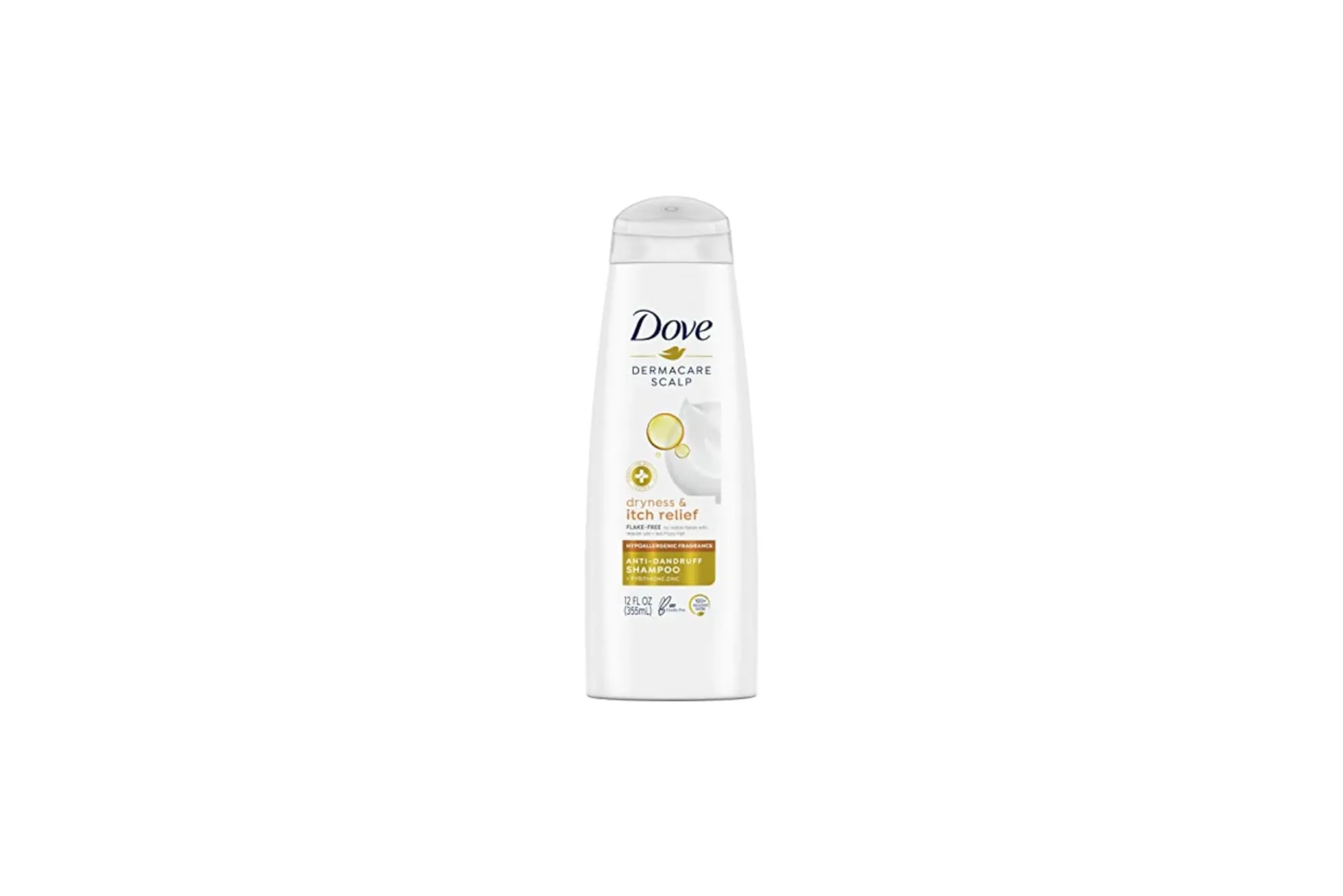Living with an itchy scalp can be an uncomfortable and often frustrating experience. From the annoyance of constant scratching to the embarrassment of flakes on your shoulders, dealing with an itchy scalp can impact your confidence and overall well-being. However, relief is within reach, and one of the most effective ways to soothe an itchy scalp is by choosing the right shampoo. In this article, we’ll delve into the world of scalp care, exploring what causes scalp itchiness, why selecting the appropriate shampoo matters, and how to identify the best products for your needs.
Understanding Itchy Scalp
An itchy scalp can be a symptom of various underlying conditions, each with its own set of causes and characteristics. By understanding the factors contributing to scalp itchiness, you can better identify the most suitable treatment approach. Here’s a closer look at the common causes of itchy scalp:
Dandruff
Perhaps the most prevalent cause of scalp itchiness, dandruff occurs when the scalp’s natural shedding process accelerates, resulting in visible flakes. While the exact cause of dandruff isn’t fully understood, factors such as overgrowth of a yeast-like fungus called Malassezia, hormonal fluctuations, and an overactive immune response may play a role.
Psoriasis
Psoriasis is a chronic autoimmune condition characterized by the rapid turnover of skin cells, leading to the development of thick, scaly patches on the scalp and other areas of the body. Scalp psoriasis can cause intense itching, redness, and silvery-white scales, often mistaken for dandruff.
Seborrheic Dermatitis
Similar to dandruff, seborrheic dermatitis is a common scalp condition characterized by redness, greasy or scaly patches, and stubborn itchiness. It is believed to be caused by a combination of factors, including overproduction of sebum, the presence of Malassezia fungus, and an abnormal immune response.
Allergies
Allergic reactions to hair care products, including shampoo, conditioners, and styling products, can also lead to scalp itchiness. Common allergens found in hair care products include fragrances, preservatives, and certain surfactants. Identifying and avoiding the offending allergen is key to preventing further irritation.
Environmental Factors
External factors such as dry air, harsh weather conditions, pollution, and UV exposure can strip the scalp of its natural oils, leading to dryness, flakiness, and itching. Additionally, wearing tight-fitting hats or helmets for extended periods can restrict airflow to the scalp, exacerbating itchiness.
Infections
Fungal and bacterial infections of the scalp, such as ringworm (tinea capitis) and folliculitis, can cause itching, redness, and sometimes even hair loss. These infections are often contagious and require prompt treatment to prevent spreading.
Stress and Hormonal Changes
Stress and hormonal fluctuations can also contribute to scalp itchiness. High levels of stress can weaken the immune system, making the scalp more susceptible to inflammation and infection. Hormonal changes, such as those experienced during pregnancy or menopause, can alter sebum production and trigger scalp issues.
The Importance of Choosing the Right Shampoo
When it comes to addressing scalp itchiness, not all shampoos are created equal. The ingredients in your shampoo can either exacerbate the problem or provide much-needed relief. Opting for a shampoo specifically formulated for itchy scalp can make a significant difference. These shampoos are often designed to maintain the scalp’s natural pH balance while incorporating soothing and moisturizing ingredients to calm irritation.
Key Ingredients to Look For
When shopping for an itchy scalp shampoo, keep an eye out for key ingredients known for their calming and moisturizing properties. Tea tree oil, renowned for its antifungal and antibacterial properties, is a popular choice for treating scalp conditions like dandruff and seborrheic dermatitis. Aloe vera and menthol are other soothing agents that can help alleviate itching and irritation. Additionally, ingredients like ketoconazole and selenium sulfide can target fungal infections, while coconut oil, shea butter, and glycerin provide much-needed moisture to dry, flaky scalps.

Popular Shampoo Brands for Itchy Scalp
Fortunately, there’s no shortage of shampoos designed to address itchy scalp concerns. From drugstore staples to high-end formulations, a variety of options are available to suit different preferences and budgets. Some popular brands include Head & Shoulders, Nizoral, Neutrogena T/Gel, and Jason Dandruff Relief Shampoo. Before making a purchase, consider reading reviews and consulting with a dermatologist to ensure you select the best product for your specific needs.
Tips for Using Itchy Scalp Shampoos
To maximize the effectiveness of your chosen shampoo, it’s essential to use it correctly. Start by thoroughly wetting your hair and scalp before applying the shampoo. Massage it gently into the scalp, focusing on areas prone to itching and flaking. Allow the shampoo to sit for a few minutes to allow the active ingredients to penetrate the skin before rinsing thoroughly. Depending on your scalp’s condition, you may need to use the shampoo daily or a few times a week. Be sure to follow the manufacturer’s instructions and monitor your scalp’s response for any signs of improvement or adverse reactions.
Consulting a Dermatologist
If over-the-counter shampoos fail to provide relief or if your scalp condition worsens, don’t hesitate to seek professional help. A dermatologist can conduct a thorough evaluation of your scalp and recommend customized treatment options, including prescription-strength shampoos and medications. Remember that addressing the underlying cause of your itchy scalp is crucial for long-term relief and scalp health.
Dealing with an itchy scalp can be a source of frustration, but finding relief is possible with the right approach. By choosing a shampoo tailored to your scalp’s needs and incorporating proper scalp care practices, you can soothe irritation and restore comfort to your scalp. Whether you’re dealing with dandruff, psoriasis, or general scalp itchiness, prioritizing scalp health is essential for overall well-being.



